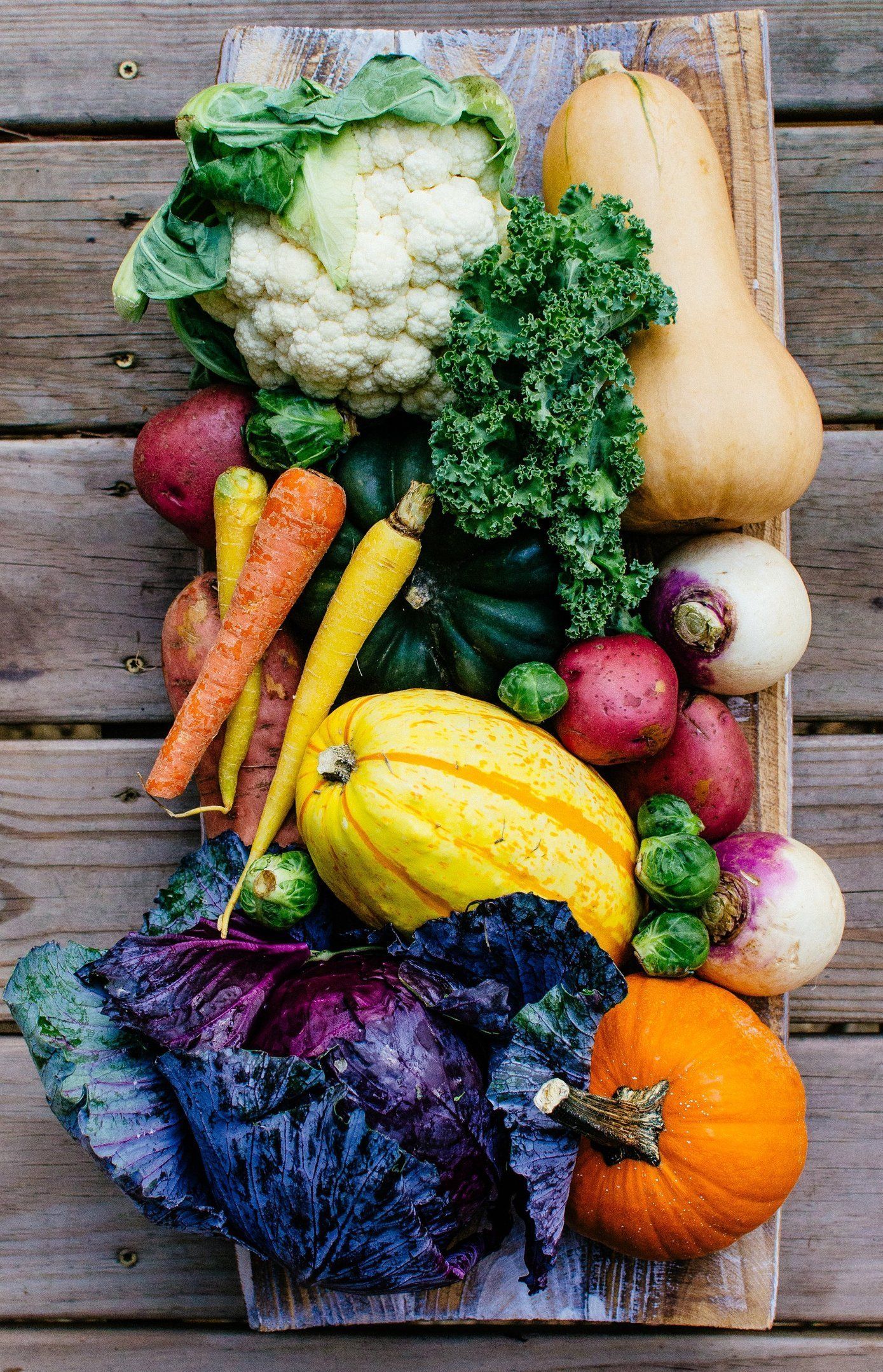The longevity approach to wellness emphasizes the importance of making small, consistent changes to our lifestyle habits that will have long-term positive effects on our health. By prioritizing habits such as regular exercise, healthy eating, stress management, and social connectedness, individuals can significantly reduce the risk of chronic illnesses such as heart disease, diabetes, and cancer.
When it comes to diet, vegetables should be at the forefront. They are nutrient-rich and calorie-controlled, and research proves that eating a diet rich in vegetables helps to stave off chronic conditions. Vegetables also influence our gut health, improving the gut’s microbiome – the trillions of bacteria in our GI tract – which play a role in maintaining the immune system.
But it’s not just about physical health. According to Kim Hofmann, a registered dietitian and wellness expert, diet is one of the most significant influencers of our health, well-being, and the aging process. However, the problematic practice of labeling foods as either “good” or “bad” and constantly depriving ourselves of the foods we enjoy can lead to a host of negative consequences, including excessive cravings, overeating, and even binge eating. Furthermore, depriving ourselves of certain foods can cause us to develop a distaste for more nutritious options, ultimately sabotaging our efforts to maintain a healthy diet.
Rather than focusing on deprivation, Hofmann suggests a more balanced and sustainable approach to our diets, one that includes incorporating more vegetables. Not only do vegetables influence our gut health and help prevent chronic illnesses, but they also have benefits for our skin, inflammation levels, and even our sleep patterns.
“It may come as a surprise that vegetables literally feed your face. They are loaded with nutrients that help maintain healthy skin and reduce damage caused by UV light. An increase in daily intake of veggies can temper chronic inflammation that helps slow down the aging process and loss of collagen that accelerates the appearance of wrinkles,” explains Hofmann.
As global rates of adult overweight and obesity continue to climb, it’s time to prioritize our health and well-being through sustainable lifestyle changes. Incorporating more vegetables into our diets is a simple yet effective way to promote longevity and well-being.
Promoting longevity and well-being requires a holistic approach to health that includes consistent lifestyle habits such as regular exercise, stress management, social connectedness, and most importantly, a balanced and sustainable diet that incorporates more vegetables. By making small changes and prioritizing our health, we can reduce our risk of chronic illnesses and lead happier, healthier lives.


